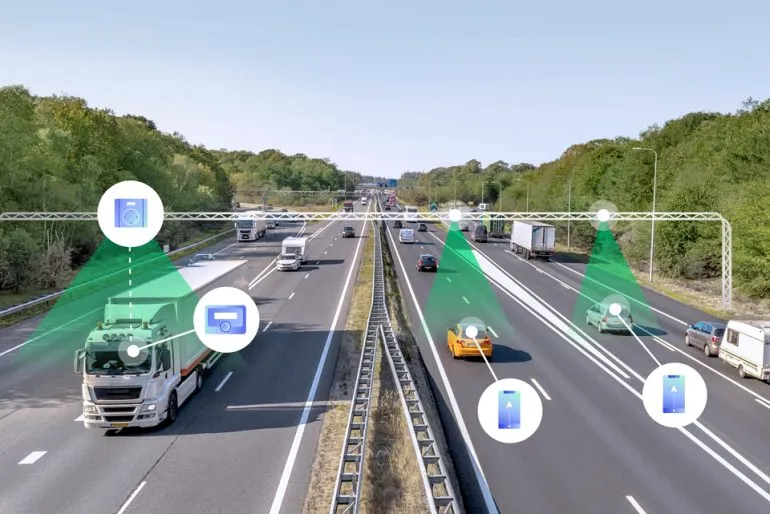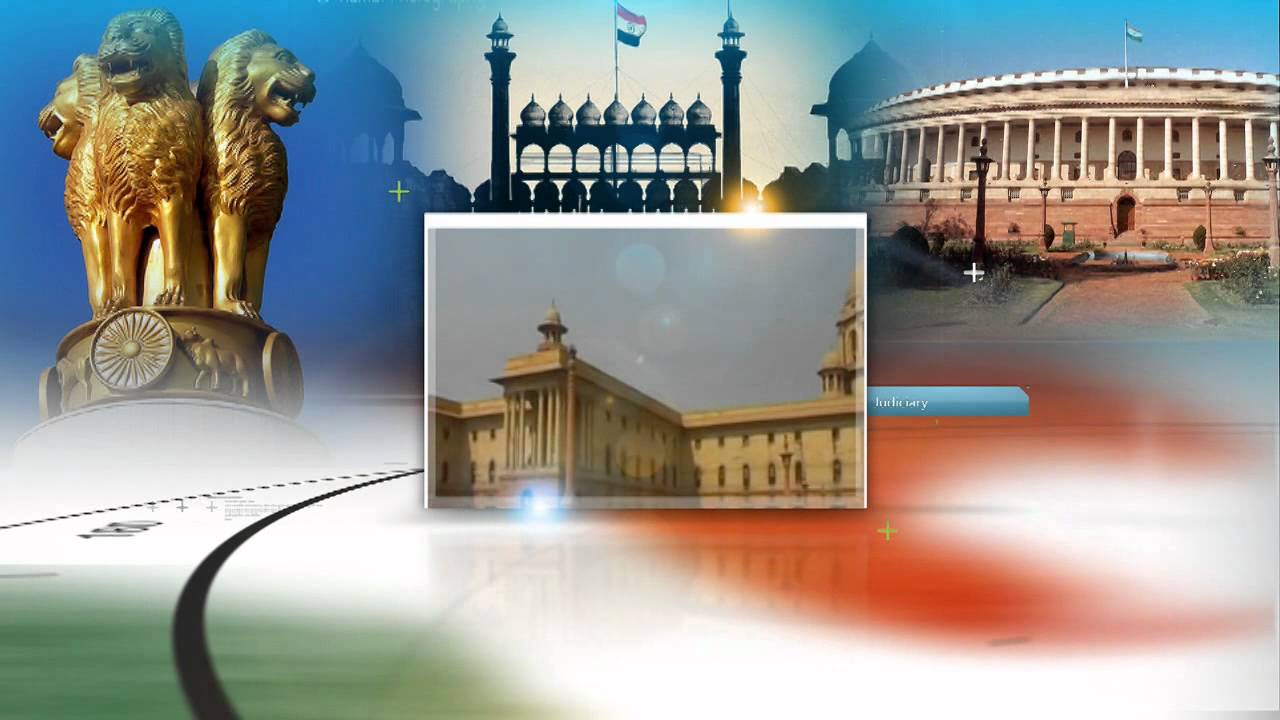Font size:
Print
NCB and Narco- Terrorism
Context:
Anurag Garg, an IPS officer of the 1993 batch, has been appointed as the new director general of the Narcotics Control Bureau (NCB).

About NCB:
- The National Policy on Narcotic Drugs and Psychotropic Substances is based on Article 47 of the Indian Constitution, which directs the State to prohibit the consumption of harmful intoxicating drugs, except for medicinal purposes.
- The policy aligns with international conventions on narcotics.
- The NCB is the central coordinating and enforcement agency, with zonal offices across India responsible for data collection, analysis, and cooperation with other law enforcement agencies.
- It operates under the Ministry of Home Affairs and coordinates with other agencies to enforce the Narcotic Drugs and Psychotropic Substances Act.
- The Narcotic Drugs and Psychotropic Substances Act, 1985, established the Narcotics Control Bureau (NCB) on March 17, 1986, to:
- Coordinate actions by various authorities under the NDPS Act, Customs Act, Drugs and Cosmetics Act, and related laws.
- Implement international obligations against illicit drug trafficking.
- Assist international organisations and foreign authorities in drug trafficking prevention and suppression.
- Coordinate with other Ministries and organisations on drug abuse issues.
Narco terrorism:
- Narcoterrorism has been defined as an “alliance between drug producers and an insurgent group carrying out terrorist attacks”.
- Since the 2008 Mumbai attacks, the Ministry of Home Affairs (MHA) has focused on improving inter-agency coordination through the Multi-Agency Centre (MAC) and the Narco Coordination Centre (NCORD).
- The International Narcotics Control Board (INCB) Annual Report 2023 outlines several critical issues affecting drug control in South Asia:
- High Opiate Usage: South Asia, home to nearly 40% of the world’s opiate users, faces substantial challenges related to drug abuse and trafficking.
- Trafficking and Cultivation: India, particularly its northeastern states, has seen an increase in opiate trafficking incidents and illicit opium cultivation.
- Cyber-enabled Drug Markets: Online drug trafficking has surged, with the dark web and crypto-markets making illicit drugs more accessible. Illegal online pharmacies are also a growing concern.
Narcotics Control Bureau’s (NCB) role in controlling narco-terrorism :
- Intelligence Gathering and Coordination:Example: NCB’s involvement in Operation “Sudarshan” to dismantle an international drug cartel. This operation included intelligence sharing with agencies like the US Drug Enforcement Administration (DEA) and Europol.
- Investigation and Enforcement: Example: The seizure of 2.38 lakh kg of narcotics and psychotropic substances between 2019 and 2022.
- This included high-profile busts like the interception of heroin shipments from Afghanistan.
- Interdiction Operations:Example: Large-scale interdiction operations such as Operation “Nasha Mukti,” where NCB seized significant quantities of drugs, including a major heroin bust in Mumbai in 2022 that disrupted trafficking networks.
- International Cooperation:Example: Collaboration with the UN Office on Drugs and Crime (UNODC) and Interpol to tackle cross-border drug trafficking.
- This includes joint operations and information exchange to curb heroin trafficking from South-West Asia.
- Policy and Strategy Development:Example: Contribution to the development of the National Drug Demand Reduction Master Plan, which includes strategies for combating narco-terrorism and drug trafficking.
- Public Awareness and Education:Example: Launch of the “Nash Mukt Bharat Abhiyan,” which reached over 3.12 crore youth and 2.06 crore women through community outreach programs, awareness campaigns, and educational initiatives.
- ‘Drug-Free India’ Pledge Campaign: NCB launched an online e-pledge campaign against drugs, which has garnered significant public support, encouraging individuals to commit to a drug-free lifestyle.
- Narcotics Helpline ‘MANAS’: NCB is rapidly establishing the ‘MANAS’ helpline through Digital Corporation of India to provide support, facilitate reporting of drug-related issues, and enhance coordination.


